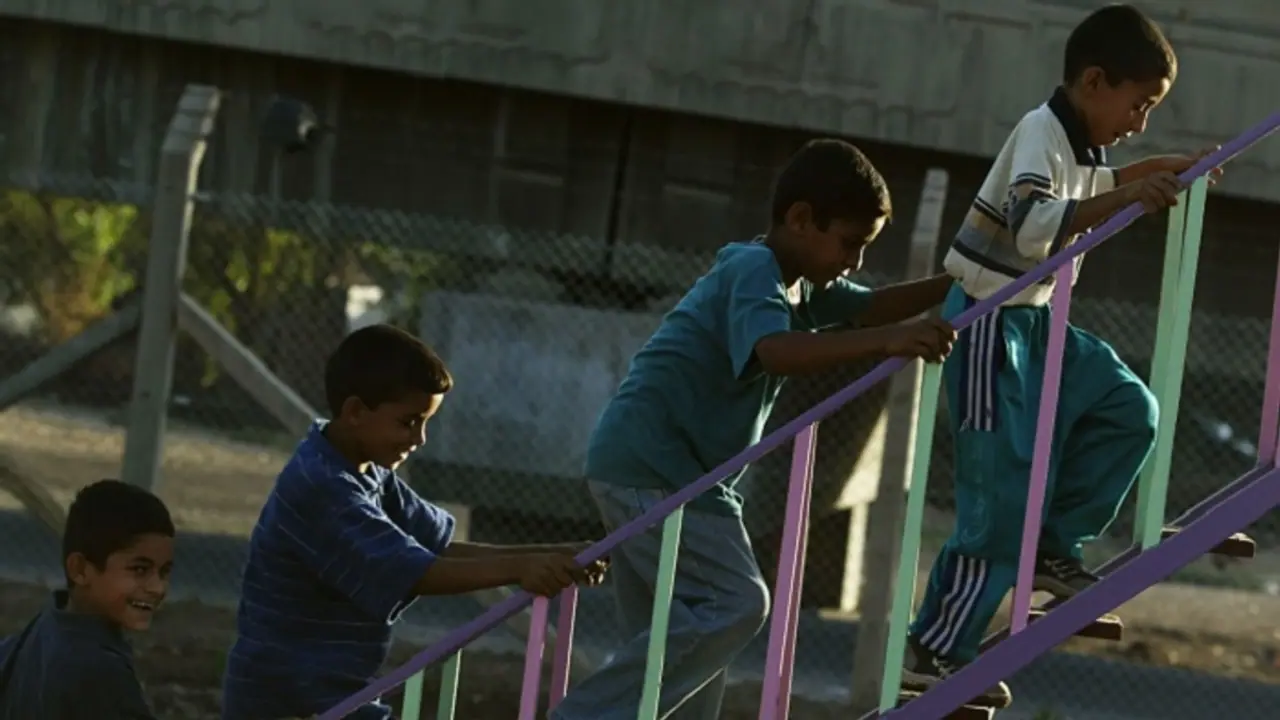If passed, the bill would require couples to choose between Sunni or Shia sects for resolving personal status issues, such as marriage and divorce. In cases of dispute between spouses over which doctrine governs their marriage, the bill defaults to the husband's sect unless evidence suggests otherwise.
Iraq is on the brink of passing a highly controversial bill that could drastically lower the minimum marriage age to nine years for girls and 15 for boys, sparking alarm among human rights activists. The proposed legislation, which has been tabled in the Iraqi Parliament, is viewed by critics as a major setback for women's rights in a society already dominated by patriarchal norms.

If passed, the bill would require couples to choose between Sunni or Shia sects for resolving personal status issues, such as marriage and divorce. In cases of dispute between spouses over which doctrine governs their marriage, the bill defaults to the husband's sect unless evidence suggests otherwise. This provision has raised concerns about the potential for increased male dominance in marital disputes.
BJP to unveil third edition of 'Har Ghar Tiranga' campaign ahead of 77th Independence Day
One of the most contentious aspects of the bill is the mandate for Shia and Sunni religious endowments to submit a "code of legal rulings" to Iraq's Parliament within six months of the bill's ratification. This would effectively shift the authority to sanctify marriages from the courts to religious offices, specifically those of the Shiite and Sunni endowments.
The proposed Shia code, based on "Jaafari jurisprudence," allows marriage for girls as young as nine and boys as young as fifteen, a provision that has alarmed activists.
Independent MP Raed al-Maliki, who introduced the bill, has a history of proposing controversial amendments, including those criminalizing homosexuality and restricting women's rights. Earlier drafts of the bill included provisions that would legalize marital rape and prohibit Muslim men from marrying non-Muslim women, further fueling concerns.
Human rights groups are particularly alarmed by the potential impact on child marriages. According to UNICEF, 28% of girls in Iraq are married before the age of 18, and this bill could exacerbate the issue by eliminating existing age restrictions. Despite assurances from some lawmakers that the bill would not lower the marriage age, critics remain deeply skeptical.
Sarah Sanbar, a researcher for Human Rights Watch, warned that passing the bill would be a significant step backward for the country. Amal Kabashi of the Iraq Women’s Network echoed these concerns, noting that the bill would provide "huge leeway for male dominance over family issues" in an already patriarchal society.
The 1959 Personal Status Law, which set the marriage age at 18 and transferred family jurisdiction from religious authorities to the state, is widely regarded as a cornerstone of women's rights in Iraq. The new bill, however, threatens to unravel these protections by reintroducing religious laws, particularly for Shiite and Sunni Muslims, while neglecting the rights of Iraq's diverse religious communities.
Although the bill was initially withdrawn in late July due to significant opposition, it resurfaced on August 4 with strong support from powerful Shiite blocs in parliament. Rights groups, including Amnesty International, have voiced strong opposition to the bill. Razaw Salihy, an Amnesty International researcher in Iraq, urged for the bill to be "stopped in its tracks," warning that it could create a "ring of fire around women and children," potentially legalising the marriage of girls as young as nine.
